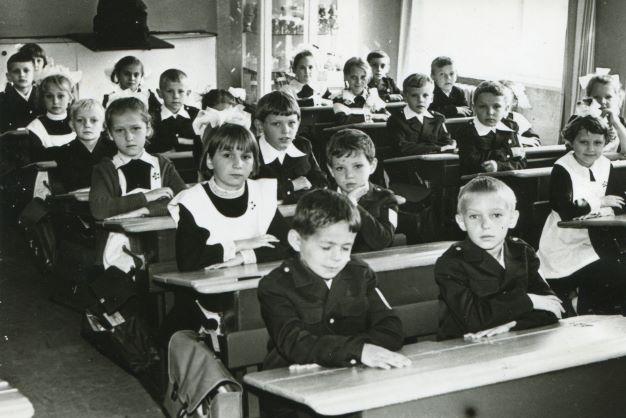When Alexander Krylov was in elementary school, he and his classmates toured the Museum of the Revolution in Moscow. “The female museum guide told us that Communists are genuine heroes,” he recollected years later. She said that “we no longer need to invent gods for ourselves; we divinize the proletarians next door.”
The guide went on to explain that communists sacrifice themselves day and night for the people, undergoing privation and even death on their behalf. Here’s what happened next: “The museum tour made such an impression on me that I ventured to ask carefully a very human question. ‘Do Communists ever go to the bathroom, too?’ The surprised museum guide first took a deep breath and then said, ‘Yes, they have to go, too, but not as often.’”






